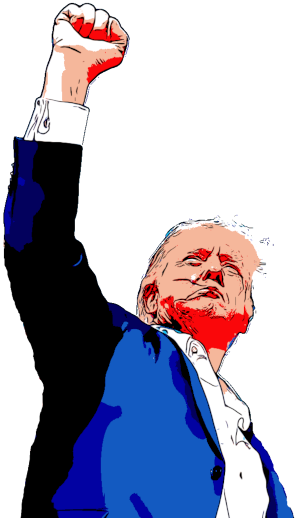Federal Judge Rules Against Musk's Actions on USAID, Citing Constitutional Violations
A federal judge has ruled that actions taken by Elon Musk and the Trump administration to close down USAID were likely unconstitutional, ordering the reinstatement of the agency’s functions.
In a significant legal development, U.S. District Judge Theodore Chuang has ruled that the efforts by Elon Musk and the Trump administration to dismantle the U.S. Agency for International Development (USAID) likely violated the Constitution. The judge’s ruling came after a lawsuit filed by current and former USAID employees and contractors, challenging the abrupt closure of the agency’s headquarters and the termination of its operations without proper congressional approval.
Judge Chuang’s decision underscores the potential overreach of executive power, stating that the actions not only harmed the plaintiffs but also the public interest by circumventing Congress’s authority over agency closures. In response, the judge issued a preliminary injunction, effectively halting further actions against USAID by Musk and the administration. This ruling sets the stage for a potential appeal by the Department of Justice to higher courts, including the Supreme Court.
This case marks the first instance where a judge has suggested that Musk’s actions might require Senate confirmation under the Constitution’s Appointments Clause, due to the significant authority he appears to be exercising. The ruling also follows another court decision that found the Trump administration’s withholding of nearly $2 billion in foreign aid funds to be unconstitutional, highlighting ongoing tensions between executive actions and congressional authority.
The Trump administration, with support from some House conservatives, has argued for significant cuts to USAID, citing inefficiency and ideological objections. Critics, including Democrats, argue that USAID’s work is crucial for global stability and U.S. interests abroad. The legal battles over USAID’s future continue to unfold, with significant implications for executive power and the separation of powers doctrine.

